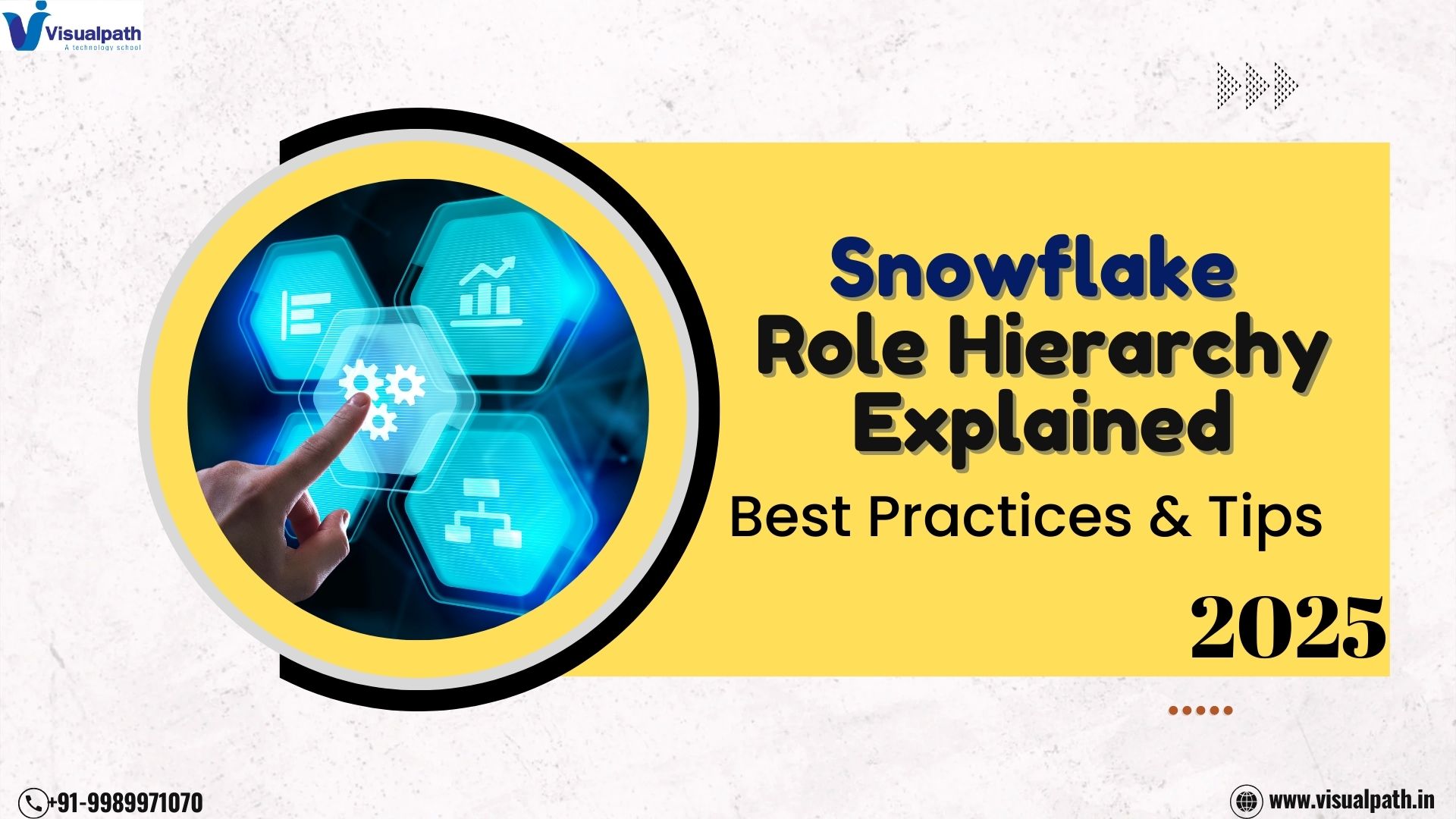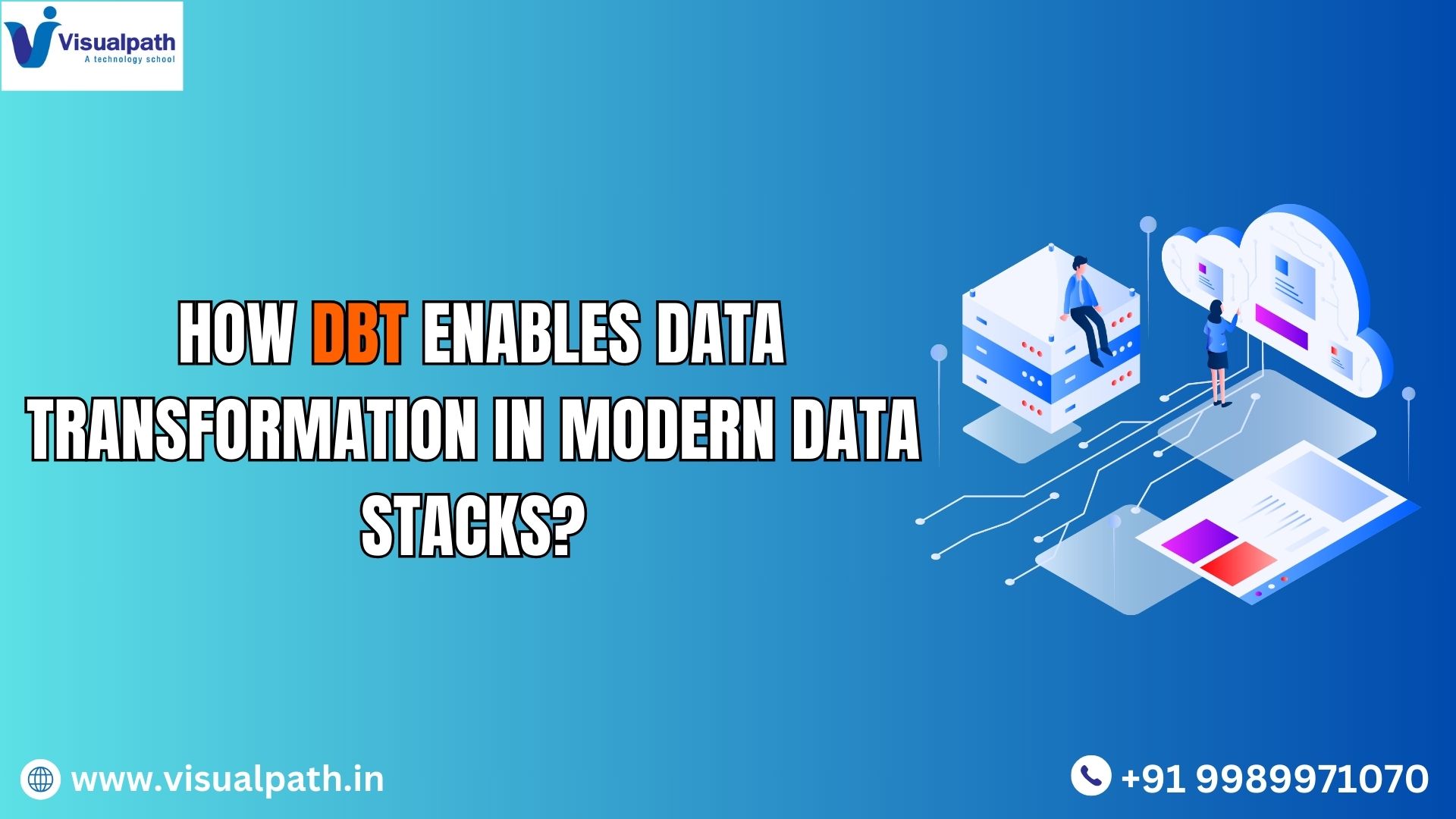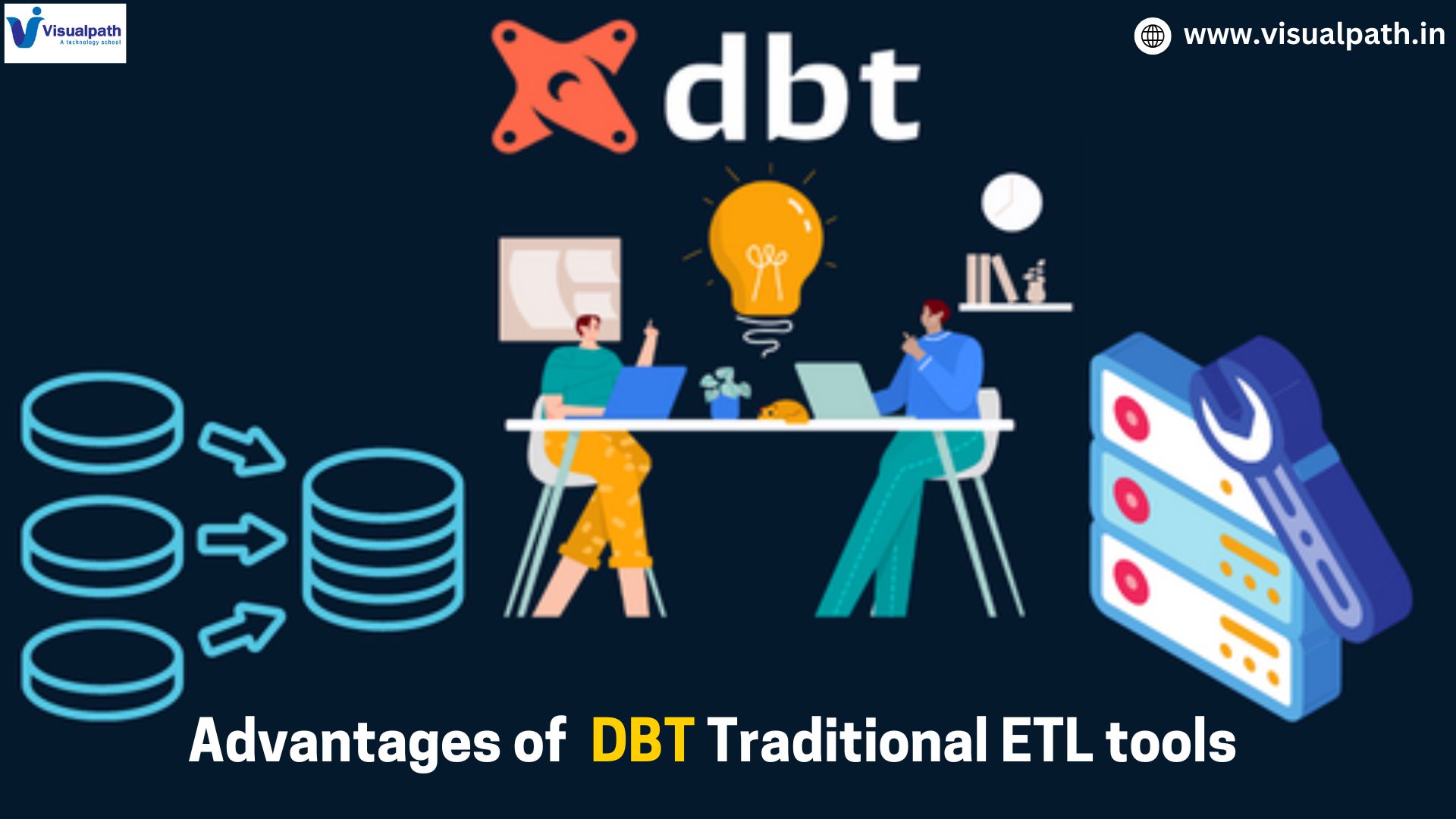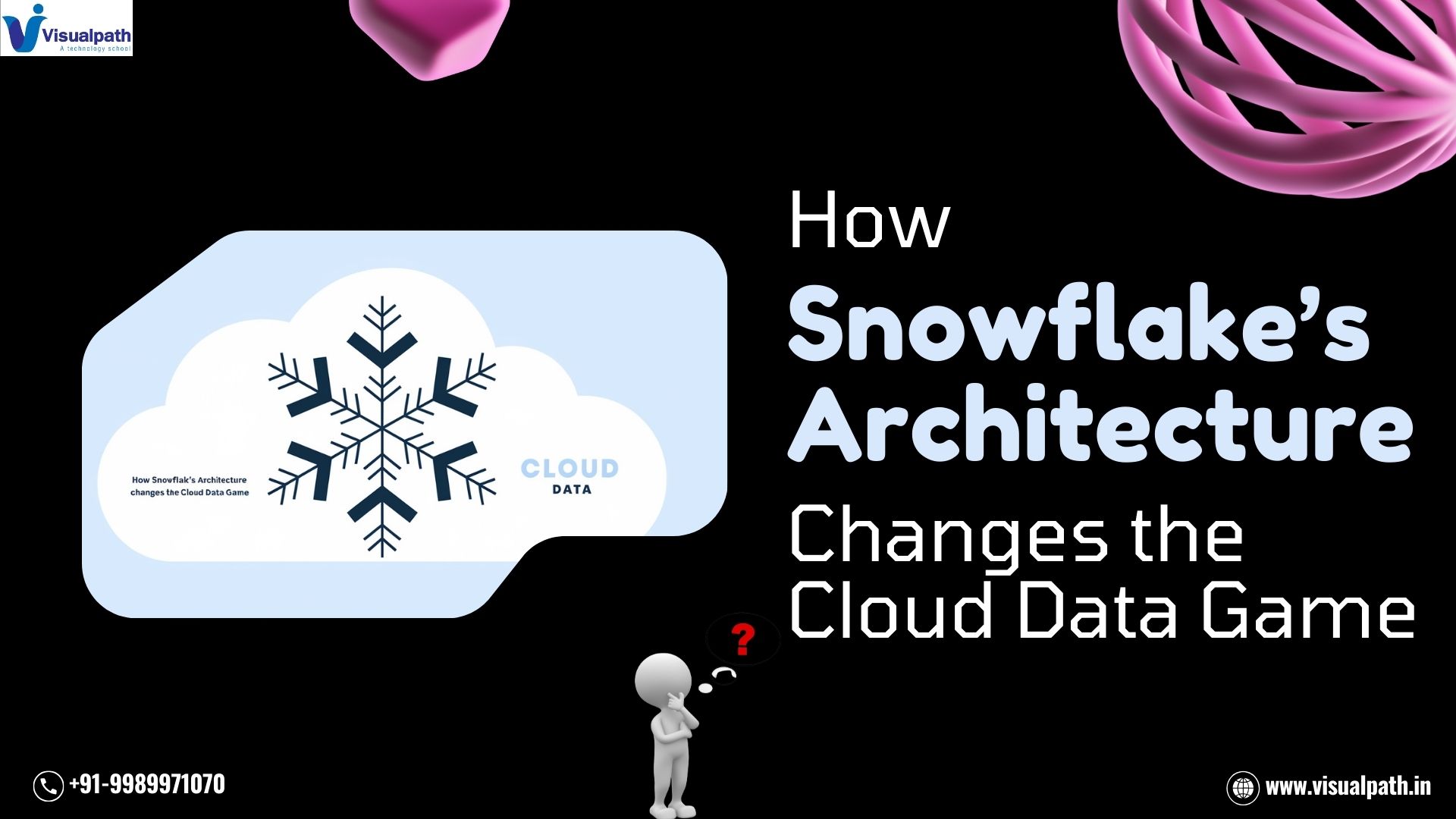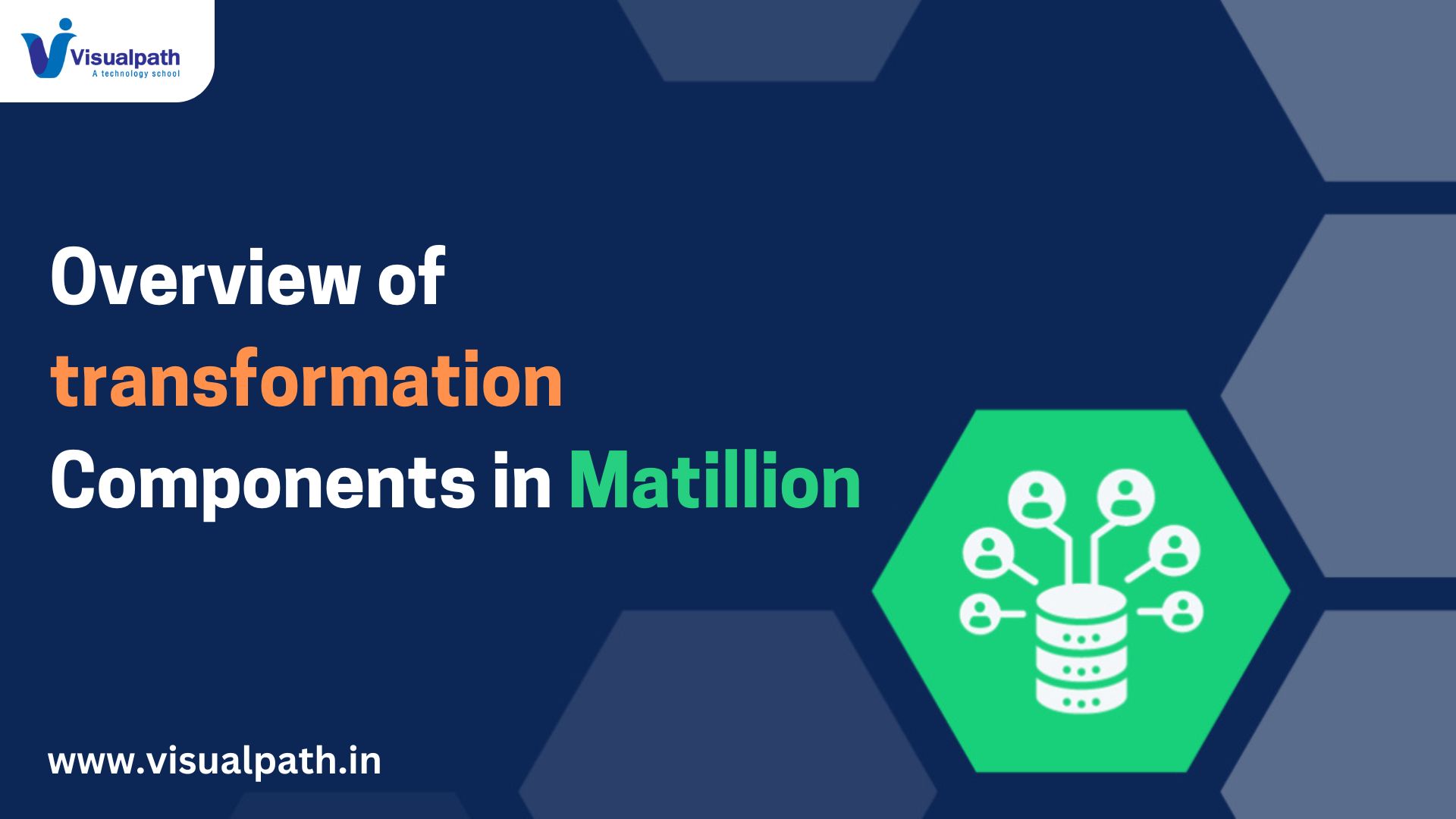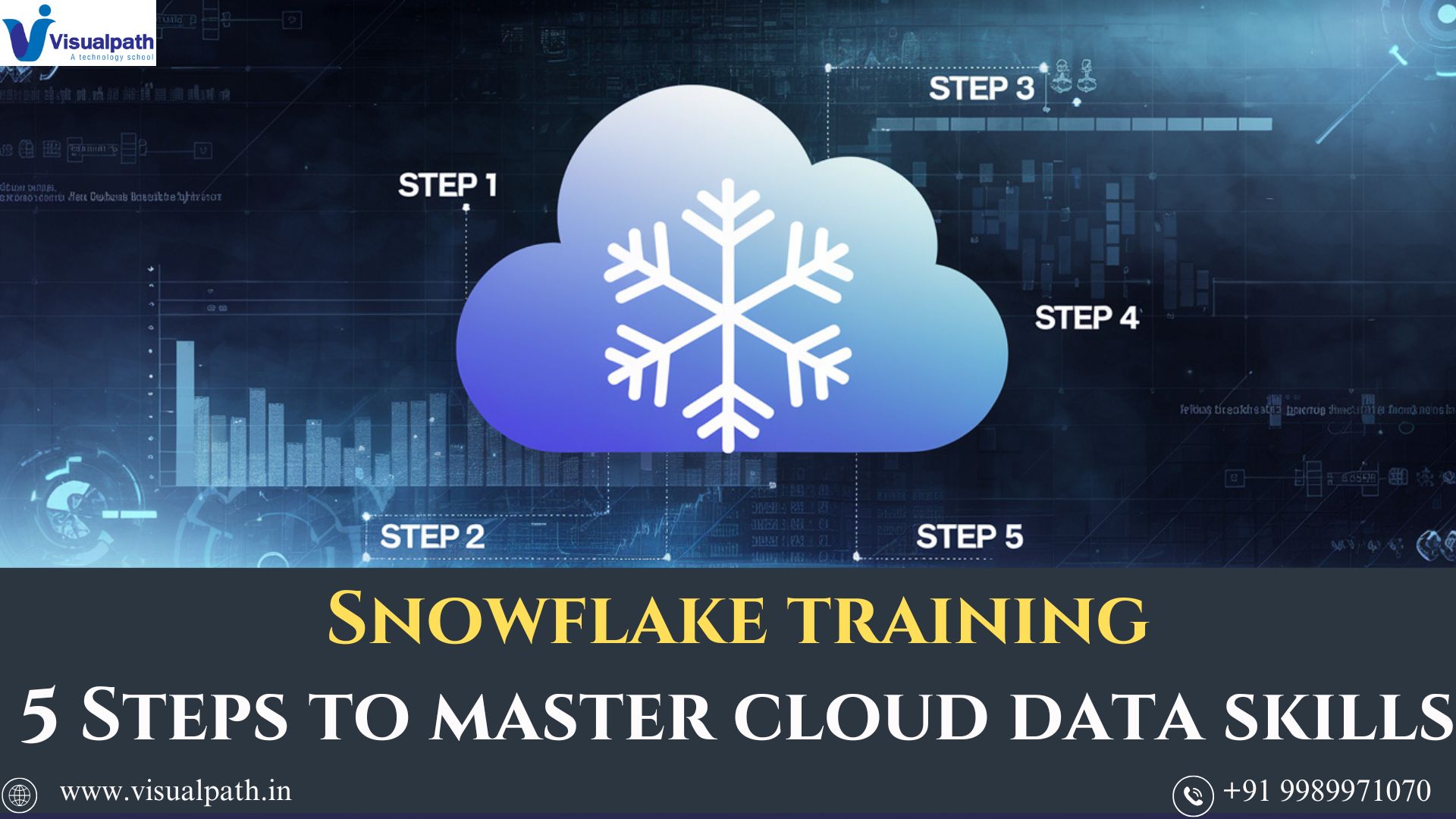Tag: ETL
Become a Snowflake Pro in Weeks – Here’s How
Snowflake Online Training Course Are you looking to enhance your data skills and master cloud data warehousing? Snowflake has emerged as the leading cloud-based data platform, offering unparalleled scalability, security, and performance. Whether you’re a data analyst, engineer, or IT professional, learning Snowflake can significantly boost your career prospects. The good news is that you […]
How Does Matillion ETL Handle Big Data Processing?
Big data processing is a critical component of modern analytics, enabling businesses to transform vast amounts of raw data into valuable insights. Organizations leveraging cloud-based solutions require scalable and efficient ETL (Extract, Transform, Load) tools to handle complex data workloads. Matillion ETL, a cloud-native ETL solution, provides powerful capabilities to process big data seamlessly. In […]
What Makes Matillion ETL Ideal for Cloud Data?
Matillion cloud computing has transformed the way organizations manage, process, and store their data. Cloud data platforms such as Snowflake, Amazon Redshift, and Google Big Query are at the forefront of this transformation, enabling organizations to scale their operations and leverage data insights with unprecedented efficiency. However, moving, integrating, and transforming data in the cloud […]
Understanding Snowflake Role Hierarchy: A Complete Guide
Snowflake Online Training by Experts at Visualpath Institute! In the realm of cloud data platforms, Snowflake stands out as one of the most powerful and flexible solutions for managing and analyzing data. One of the key features that make Snowflake both secure and efficient is its role hierarchy, which governs how users access and manage […]
How DBT Enables Data Transformation in Modern Data Stacks?
Data Build Tool (dbt) has become a critical component in modern data stacks, helping organizations streamline their data transformation processes. In today’s data-driven world, where businesses rely heavily on data pipelines to analyze and make informed decisions, DBT provides a robust framework that simplifies the process of transforming raw data into actionable insights. As cloud-based […]
What is Advantages of Using dbt(Data Build Tool)
Data Build Tool (DBT) is revolutionizing how data professionals manage data transformations. If you are looking to enhance your skills and master DBT, enrolling in DBT Classes Online can set you on the path to success. But why should you consider DBT over traditional ETL tools? Let’s explore the unique advantages of DBT and why […]
How Snowflake’s Architecture Changes the Cloud Data Game
Snowflake Training Institute in Hyderabad has become a premier destination for professionals looking to master the intricacies of Snowflake’s cutting-edge cloud data platform. As businesses increasingly migrate to the cloud, Snowflake has emerged as a game-changer with its revolutionary architecture, offering high performance, scalability, and flexibility. This cloud-native platform has disrupted the traditional data warehousing […]
Overview of transformation components in Matillion
Matillion is a cloud-native ETL (Extract, Transform, and Load) platform that empowers organizations to efficiently manage their data pipelines for cloud data warehouses like Snowflake, Amazon Redshift, and Google BigQuery. By leveraging Matillion’s intuitive, code-free interface, businesses can streamline data integration, transformation, and analytics processes, leading to faster insights and improved decision-making. Matillion is particularly […]
Understanding Snowflake Editions: 7 Tips for Success
Snowflake Training in Hyderabad is the key to unlocking the full potential of Snowflake’s cloud data platform. As organizations continue to embrace cloud-based solutions for data warehousing and analytics, choosing the right Snowflake Edition is crucial for optimizing performance, managing costs, and ensuring scalability. Snowflake, with its unique architecture, offers a variety of editions designed […]
Snowflake Training: 5 Steps to Master Cloud Data Skills
Snowflake Training is one of the most sought-after programs in today’s tech landscape, especially for professionals aiming to excel in the field of data analytics and cloud-based data warehousing. Snowflake, a cloud-native data platform, has revolutionized how data is stored, shared, and analyzed. Its flexibility, scalability, and performance make it a leading choice for organizations […]




